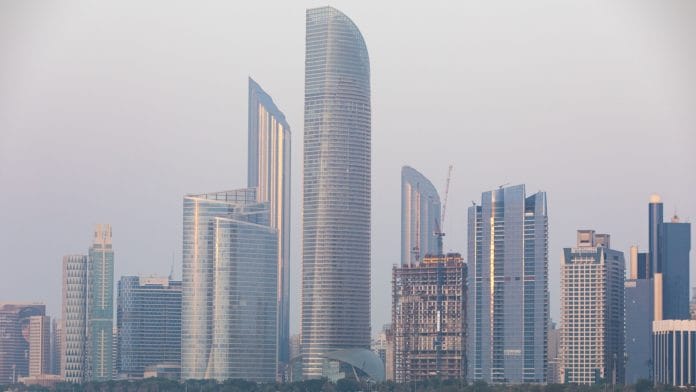Thank you dear subscribers, we are overwhelmed with your response.
Your Turn is a unique section from ThePrint featuring points of view from its subscribers. If you are a subscriber, have a point of view, please send it to us. If not, do subscribe here: https://theprint.in/subscribe/
Picture this. One CEO builds factories, pays workers a fair wage, and funds schools that change the trajectory of entire communities. Another hides billions in offshore accounts, cheats the tax system, and then soaks up applause at a black-tie charity gala. Both are praised as “visionaries.” One is a builder. The other is a thief in a tuxedo.
This is the paradox at the heart of modern capitalism. Greed and altruism are not private quirks; they are forces that decide whether societies rise or fracture. And here’s the uncomfortable truth: today’s corporate world speaks the language of social good while quietly feeding on the very systems it claims to protect. The question is simple but urgent—when a business says it is “giving back,” is it genuine, or is it just another way of taking more.
Greed reveals itself most clearly in how wealth is accumulated and distributed. Behind the polished language of efficiency lies a reality of extraction. Tax avoidance schemes, elaborate corporate hierarchies, and offshore accounts are not minor technicalities—they are deliberate strategies to drain public resources. By 2010, more than $21 trillion was hidden in tax havens, costing governments nearly $200 billion every year in lost revenue. That is money that could have funded universal education or built hospitals, quietly siphoned away under the banner of legality.
This same dynamic plays out within companies. While executives collect record bonuses, ordinary workers see their wages stagnate. In one year alone, the CEO-to-worker pay gap widened by 11%. Greed, in other words, is not innovation—it is the diversion of value upward, leaving the broader society weaker for it.
Yet the very system that rewards greed also gives rise to its supposed opposite. Altruism—when genuine—can show capitalism at its best. Eighty-seven percent of consumers say they prefer socially responsible firms, and those firms reap real benefits: loyalty, resilience, and trust. Leaders like Ratan Tata, or initiatives from Microsoft and Alwaleed Philanthropies, demonstrate that profit can align with purpose, and that businesses can succeed precisely because they invest in the wellbeing of others. For a moment, it seems as if capitalism has found its balance.
But that promise rarely holds. Too often, altruism is conscripted into serving greed. CSR campaigns distract from exploitative labor practices. High-profile donations mask years of tax avoidance. In some cases, philanthropy itself becomes the mechanism of evasion—cheaply purchased art inflated in value, donated, and written off for vast tax deductions. As Anand Giridharadas argues in Winners Take All, much of elite giving does not challenge inequality but cements it. Altruism becomes the mask through which greed survives.
And who pays the price? Workers whose wages have frozen while living costs explode. Communities denied investment because trillions are hidden offshore. Consumers overcharged while being sold the fantasy of “ethical brands.” The fallout isn’t abstract—it’s lived daily, in thinner paychecks, weaker public services, and eroded trust. Yet when altruism is real, its impact is equally tangible: decent jobs, schools that open doors, hospitals that save lives. Greed tears holes in the social fabric. Altruism, sincerely practiced, patches them.
That is why intent matters more than rhetoric. A CSR campaign plastered across billboards may look the same whether it’s driven by conscience or by PR. But the outcomes diverge sharply. One is a shield against accountability. The other is an investment in society’s future. The difference lies not in appearance, but in motive. And motive is everything.
So let’s return to the image we began with: two leaders, two legacies. Both say they “give back.” One uplifts, the other extracts. And here is the danger—too often, we can’t tell them apart. That confusion is not harmless; it is the very mechanism through which greed survives. A gala cannot absolve billions hidden offshore. A CSR report cannot excuse decades of exploitation. Unless we demand authenticity, greed will keep parading in altruism’s clothing—and we will keep applauding its costume.
These pieces are being published as they have been received – they have not been edited/fact-checked by ThePrint.


